Arriving late, not being able to worship the King in time, the officials in the past were punished, everyone was afraid to turn blue

3 | 0 Discuss | Share
Although they had to attend court early in the morning, Qing officials could endure it, only the time after work was the most painful. Many even suffered from mental illness due to excessive anxiety.
The life of a Qing Dynasty official was not only a matter of work pressure but also of social relationships and internal strife. Through the memoirs of one of the last Qing Dynasty officials who worked in the palace for 19 years - Uan Duc Dinh, posterity has an insight into the difficulties and challenges that ancient officials faced every day.
It is known that "Thanh Chinh Dai Diary" by Uan Duc Dinh is a detailed record of his daily work and inner struggles. This book is 1.2 million words long, describing in detail the daily activities and inner conflicts of this official.
The arduous journey to the "office"
When it comes to what office workers hate the most, perhaps nothing beats the long commute to work. The distance from home to work is not short, often causing office workers’ morale to decline early in the morning.
In the past, transportation conditions were not as convenient as they are today, and many officials could only walk to attend the morning court. Only a few nobles with high status enjoyed the privilege of traveling by carriage. The palace was usually located in the center of the capital, and many officials lived far away, so walking often took several hours.
Officials had to arrive before 4am. When officials in ancient times entered the palace to receive the decree, they had to be extremely careful, as any delay could result in severe punishment. The lightest punishment was demotion and exile, while the most severe punishment could result in death. Therefore, to ensure punctuality, they often had to wake up at 1am or 2am, and those who lived far away had to wake up even earlier.
Invisible pressure when "getting off work"
Many of the officials who attended the morning court were elderly. Just walking a little faster would make them gasp for breath, let alone walking continuously for hours. For the old and weak officials, this was undoubtedly a great torture.
The morning court was tiring, and after the court was over, the officials could not rest. In the Forbidden City Palace - a place filled with jealousy and intrigue - maintaining an independent and peaceful life was almost as difficult as ascending to heaven.
Under the special social context of the feudal dynasty, after the dissolution of the dynasty, Qing Dynasty officials not only had to quickly handle the tasks assigned by the Emperor, but also had to spend their free time to deal with complex social relationships.
For Uan Duc Dinh, attending the morning court session was not the most tiring thing, what really exhausted him was having to deal with the aftermath. As an official without much real power, he did not need to participate in factional struggles, but his life after "getting off work" was still filled with parties.
Uan Duc Dinh once wrote in his diary: "There is no day without a party, no day without a lavish meal." He even wrote that once, due to illness, he was almost unable to get out of bed, but still had to endure the pain to entertain visitors, because in this complicated environment, avoiding social relationships was almost impossible.
In ancient times, after entering the officialdom, officials could not have a peaceful and comfortable life like ordinary people. If they wanted to pursue fame and power, they had to give up their free and leisurely lives. As the old saying goes, "keeping company with the king is like keeping company with a tiger." Today, they could be a high-ranking official who ruled an entire era, but tomorrow, they could become someone's prisoner.
The Decline of the Last Feudal Dynasty
The Qing Dynasty, as the last feudal dynasty in Chinese history, had degenerated beyond repair, especially towards the end of the dynasty, when the whole country was engulfed in constant war, the people suffered, and the living environment of officials became increasingly dangerous.
In his diary, Uan Duc Dinh mentioned that the last Qing Dynasty rulers lived a lavish life and neglected their work, while high-ranking officials secretly united and fought for power. This increased the heavy psychological pressure on officials, because once they were caught up in factional struggles, they might enter a path of no return.
If officials chose to retreat to their hometowns and give up power, they still could not avoid being hunted down by their old enemies. Under the dual physical and mental pressure, many Qing Dynasty officials suffered from mental illness due to fatigue and anxiety.
How do officials get paid when they work so hard?
According to Chinatimes, each dynasty had a different salary system for officials. Among them, officials in the Qin Dynasty were paid very generous salaries. However, there was one dynasty where officials only had the opportunity to receive bonuses instead of salaries.
Chinese historian Zhang Hongjie said that currently, detailed records of the salaries of officials during the Qin Dynasty no longer exist. However, according to research by experts, it can be affirmed that the salaries of Qin Dynasty officials were very "generous". Accordingly, Qin Dynasty officials were paid very generously by the emperor, so many people wanted to have an official position to have a life without worrying about food and clothing.
Similarly, high- to middle-ranking officials during the Han Dynasty, especially those with high positions in the imperial court, had exceptionally high incomes. Thanks to that, their lives were very comfortable and prosperous. Not only could these officials take care of their families, but they could also take care of their entire clans.
Professor Truong revealed that in the early period of the Yuan and Qing dynasties, there was no salary system for officials. This was a common feature in the process of rising up of ethnic groups in Northern China. However, it is still determined that the salary of officials in the Qing dynasty was 2/3 lower than that of previous dynasties. The lives of officials, especially honest officials, were not guaranteed. This is also the reason why these two dynasties had the most corrupt officials.
Rare photos of the Qing Dynasty: Revealing the life of kings, the shocking photo of the concubine who abandoned Pu Yi 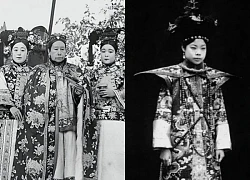 Hướng Dương16:35:18 23/03/2025Rare photos have been released revealing the life of Empress Dowager Cixi and Emperor Puyi in the final days of the feudal era in the Forbidden City. There are many things that future generations did not expect.
Hướng Dương16:35:18 23/03/2025Rare photos have been released revealing the life of Empress Dowager Cixi and Emperor Puyi in the final days of the feudal era in the Forbidden City. There are many things that future generations did not expect.

3 | 0 Discuss | Share

1 | 0 Discuss | Share

2 | 0 Discuss | Share
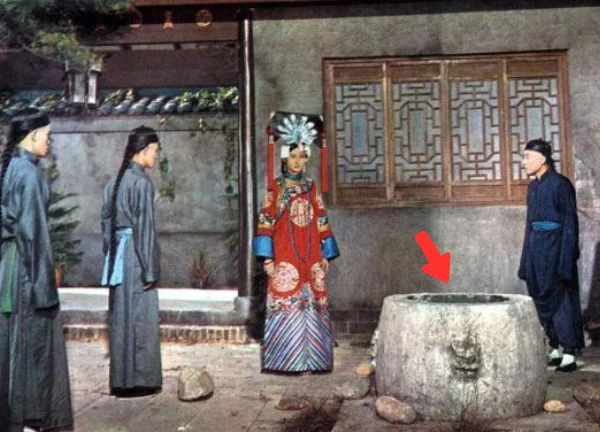
1 | 0 Discuss | Share

2 | 0 Discuss | Share

4 | 0 Discuss | Share
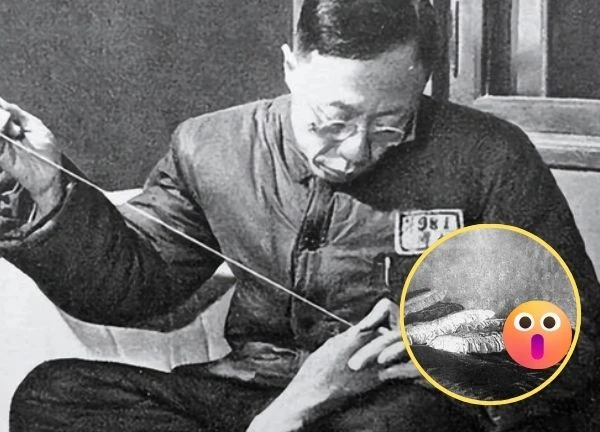
5 | 0 Discuss | Share
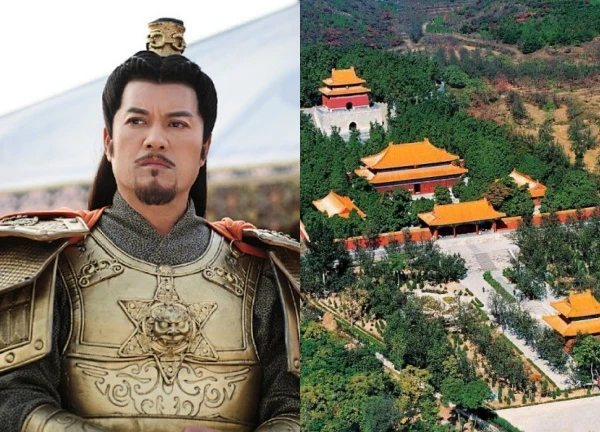
4 | 0 Discuss | Share

2 | 0 Discuss | Share
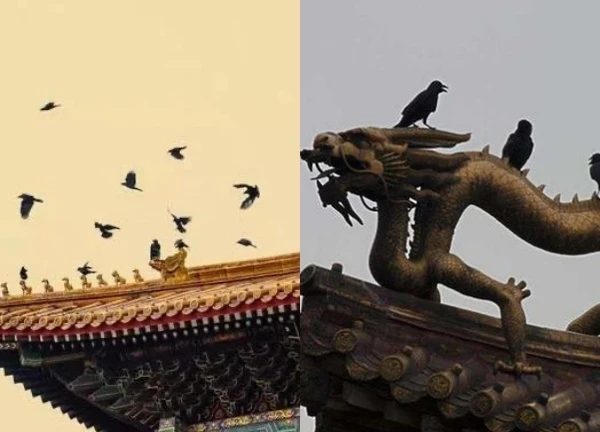
3 | 0 Discuss | Share
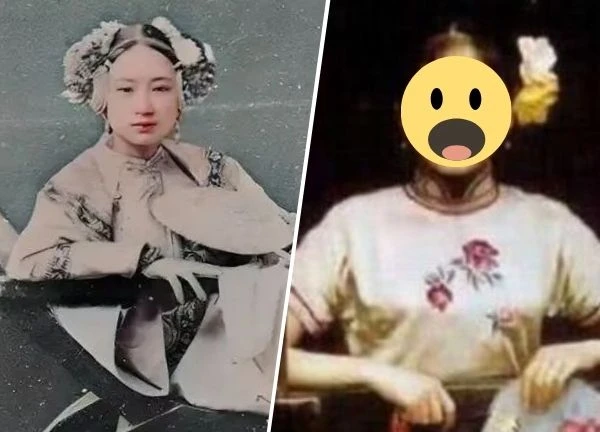
1 | 0 Discuss | Share
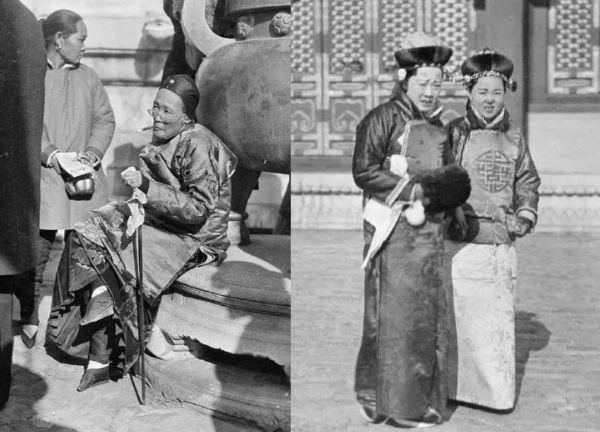
7 | 0 Discuss | Share





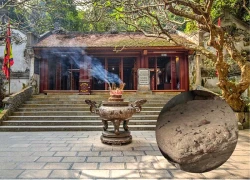
2 | 0 Discuss | Report